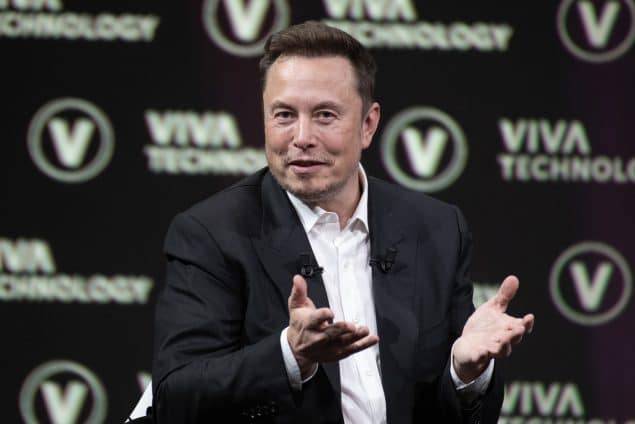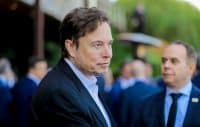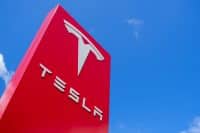Home » US business news » Tesla Tries Again Over $56 Billion Pay For Elon Musk
Tesla Tries Again Over $56 Billion Pay For Elon Musk
https://www.whatjobs.com/news/usa/us-business-news/tesla-tries-again-over-56-billion-pay-for-elon-musk

By Hugh Fort in US business news, posted April 19, 2024

Tesla has once again contacted its shareholders to approve CEO Elon Musk’s controversial $56 billion pay package, originally set in 2018.
A Delaware judge dismissed this pay arrangement in January, labeling it excessive and critiquing the company’s board for inadequate justification.
Despite the pay package involving no salary or cash bonuses, it promises rewards contingent on Tesla’s market cap escalating to $650 billion over a decade.
Currently, Tesla boasts a market value of over $500 billion, per LSEG data.
The rejection of Musk’s pay by Kathaleen McCormick, a judge of Delaware’s court of chancery, deemed the payment "an unfathomable sum" and unfair to shareholders.
"We do not think that what the Delaware court said is how corporate law should or does work"
Tesla’s request for a re-vote seems to be a strategy to gather more backing for Musk’s compensation and to publicly challenge the court’s verdict.
The January decision is still subject to appeal.
Robyn Denholm, Tesla’s board chairperson, wrote in a letter included in the regulatory filing: "We do not agree with what the Delaware court decided, and we do not think that what the Delaware court said is how corporate law should or does work."
In 2023, Musk did not receive any compensation, with the company’s regulatory filings revealing that he is paid via stock options instead of a salary.
Tesla’s recommendation in the filing was clear: "If it is legally advisable, we suggest simply subjecting the original 2018 package to a new shareholder vote."
Furthermore, the automaker encouraged its investors to endorse its plan to relocate its state of incorporation from Delaware to Texas.
This request comes amid broader challenges for Tesla, which reported a disappointing drop in deliveries this year—the first in four years—prompting Musk to cut approximately 10% of its global workforce, or about 14,000 jobs.
This move is part of a larger industry trend, with significant slowdowns in electric vehicle growth noted in recent months.
For example, Ford has revised its expansion plans, while Apple recently halted its autonomous electric car project, leading to 600 layoffs.
Follow us on YouTube, X, LinkedIn, and Facebook














